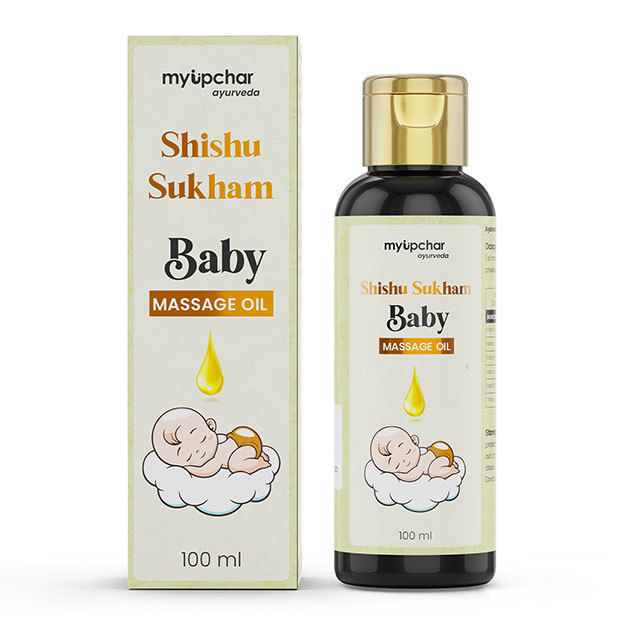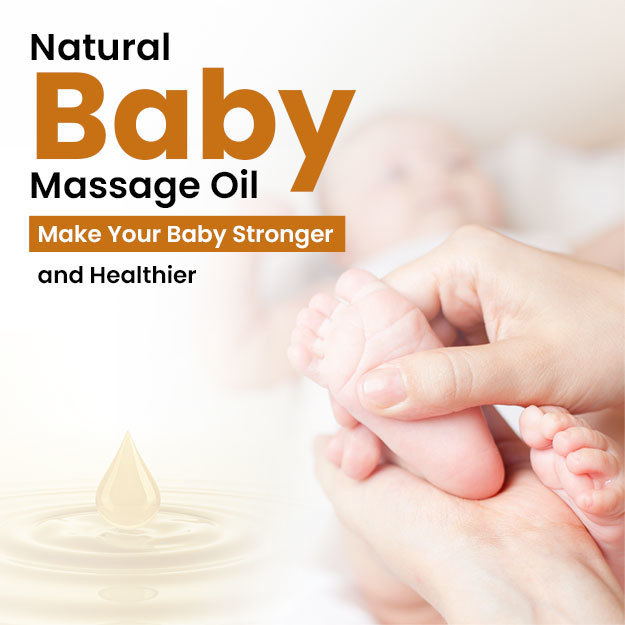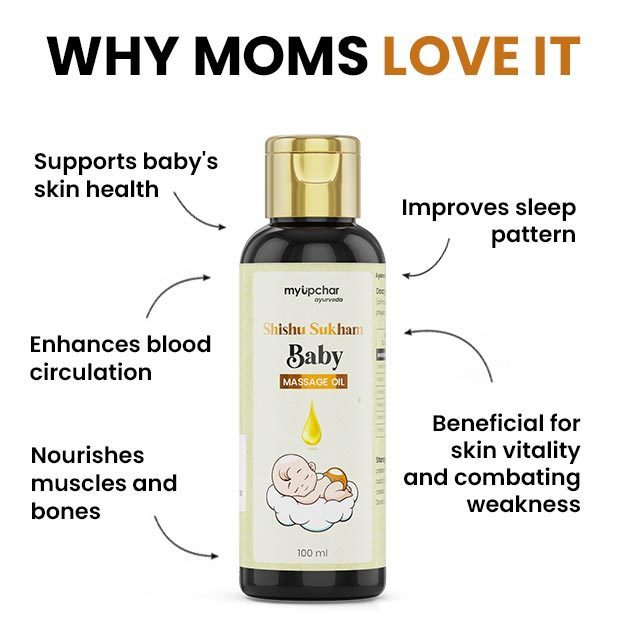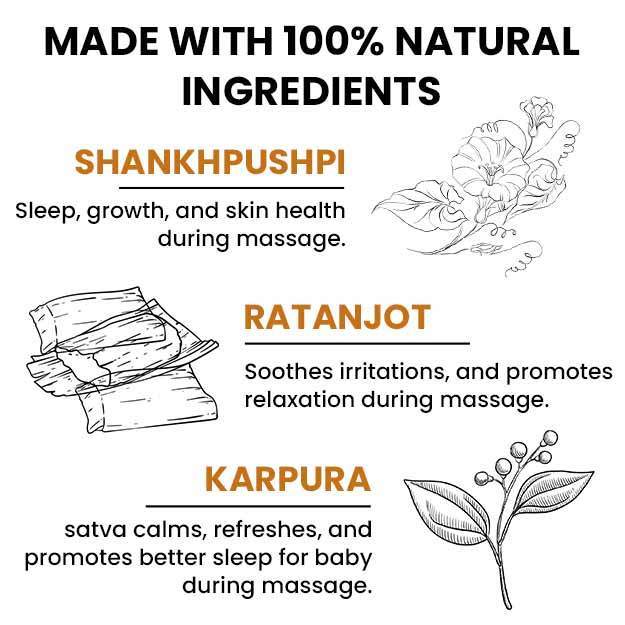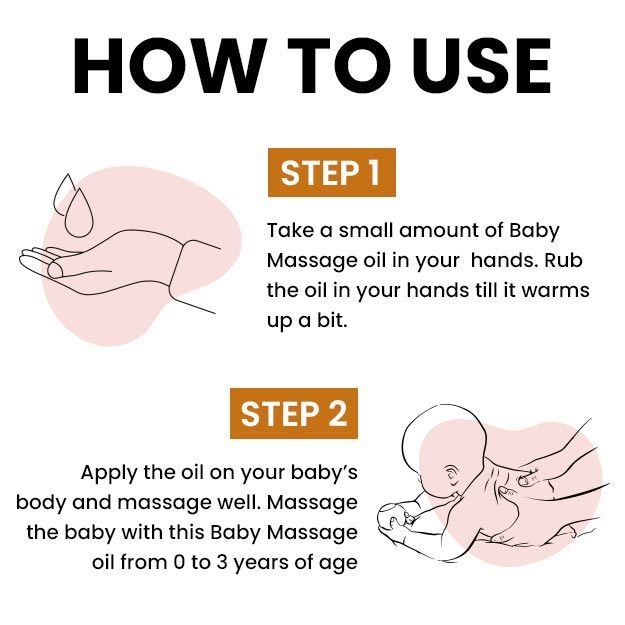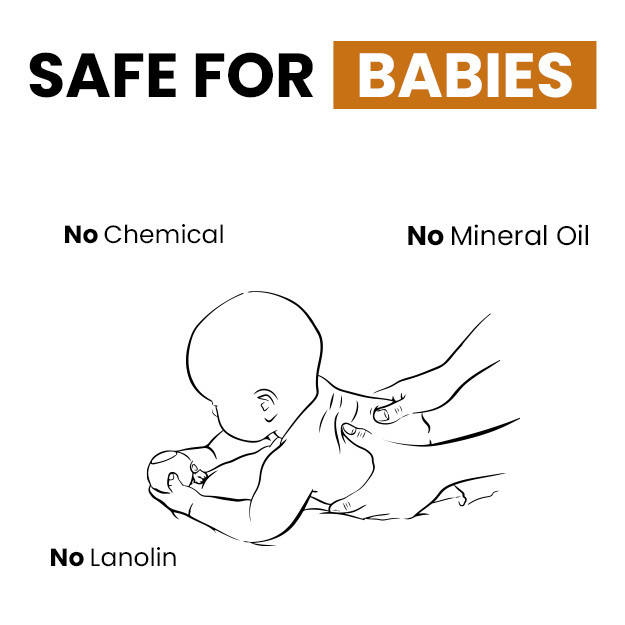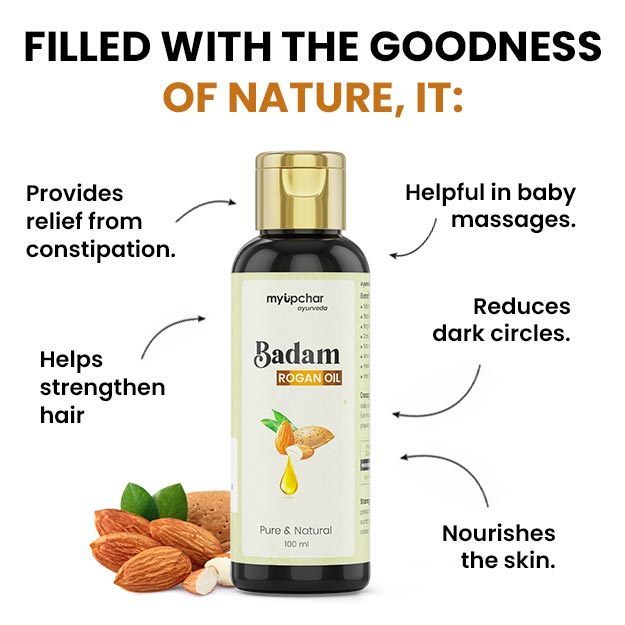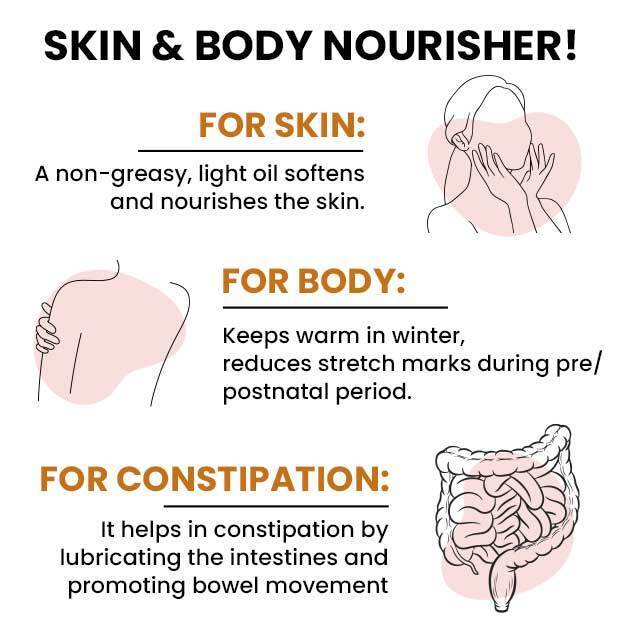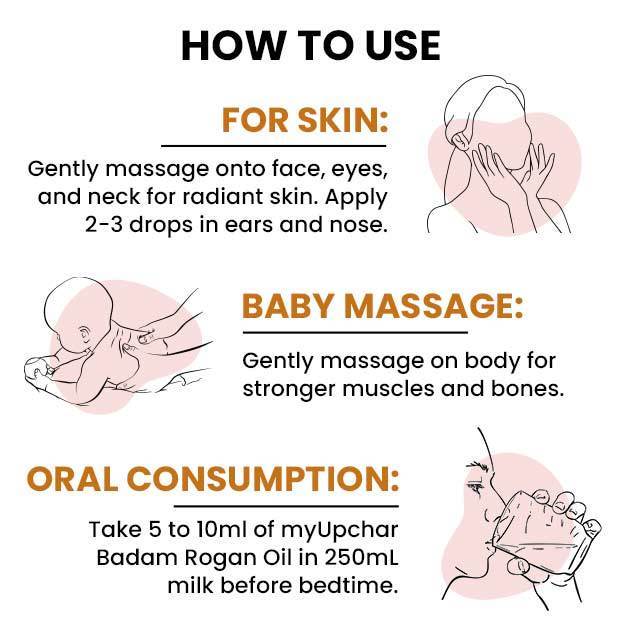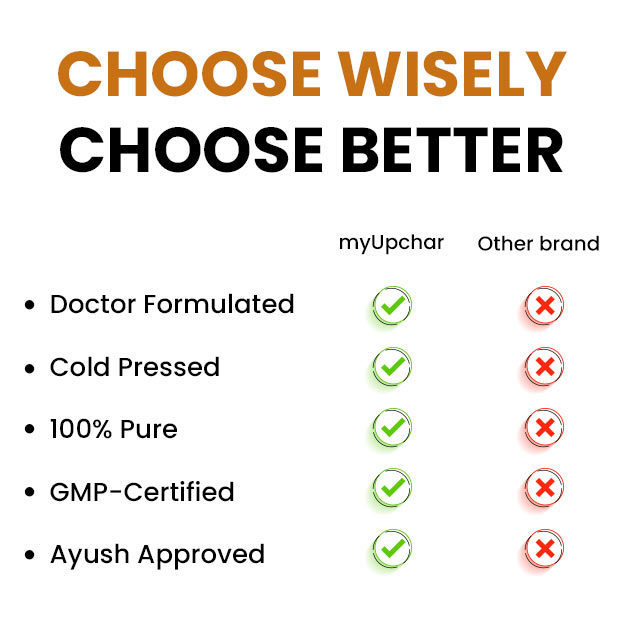If you’re a new parent and you get confused between crying-for-a-nappy-change and crying-for-food, you’re not alone. It’s a learning curve that all new parents have to go through. And if you take it in your stride, it can be quite rewarding.
Crying is actually one of the more nuanced ways in which our babies communicate with us. And as you work towards this mini-milestone in your parenting journey, we put together a list of the eight most common reasons why babies cry and how to comfort your baby in the hope that it helps.




